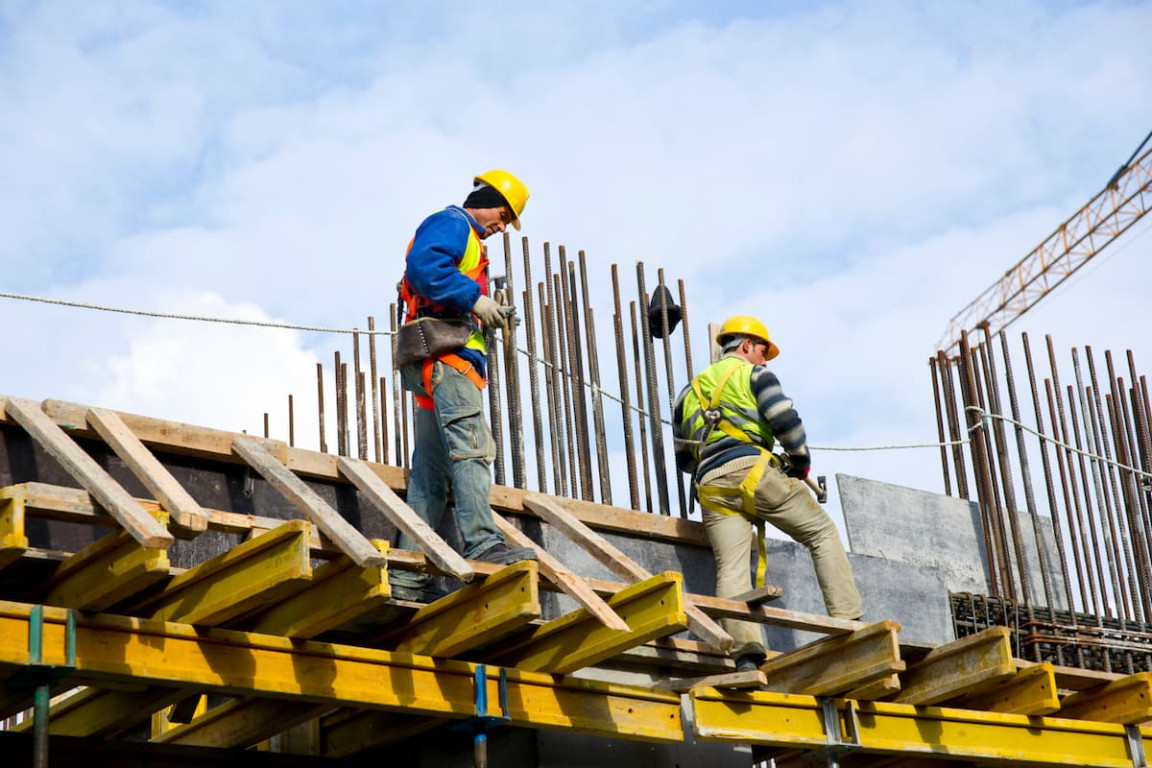Housing crisis. Stricken housing market. Housing Slump. With headlines like this, it’s no wonder that the housing market is depressed. Unfortunately, this is one instance when the media can’t be blamed for sensationalism; the housing market is in a bad way and it has been for quite some time. Realtors around the world are tearing their hair out in frustration as banks tighten their lending criteria and people opt to rent rather than buy.
Many banks in South Africa have changed the way they approach home loans. Whereas a year ago consumers could apply for a 100% home loan with no deposit, banks will now only approve home loans of at least 90%; provided consumers come up with a 25% deposit and proof of a good credit rating. They are also less likely to offer favourable interest rates or significant discounts, which only places more pressure on consumers ready to buckle under increasing financial burdens.
It’s become almost impossible to first-time buyers or lower-income households to secure home loans. Standard Bank, one of the most prominent South African banks, used to offer special products for first-time and entry-level buyers with their JumpStart and DreamStart products. DreamStart in particular offered a lifeline to households with a joint income of between R 1,500 and R6,000. In addition to providing a loan of 108%, both products covered transfer and registration costs. But according to John Rivers-Moore, Standard Bank’s director of strategy and sales support, the “sub-prime crisis, the liquidity crisis and the prevailing macro-economic environment”, have lead to both products being pulled from the market.
Buyers looking to get into the housing market shouldn’t throw in the towel just yet, because Saul Geffen, chief executive of ooba (formerly MortgageSA) says that statistics show that 40% of home loan applications that are declined by one bank are approved by another. Banks are also willing to provide assistance to those who find themselves in financial dire straits. ABSA has a “debt repair” helpline that gives financial advice to stricken customers, while First National Bank (FNB) invites customers to come in and discuss matters with their consultants. Defaulters and house repossessions cost banks a lot of money and according to Jan Kleynhans, chief executive of FNB Home Loans, it’s in a bank’s best interests to work out repayment plans for their customers.
Goolam Ballim, Standard Bank’s group economist, says that given the current economic conditions, things are unlikely to improve soon, and while millions of cash-strapped South African’s tighten their belts once again, they can at least be glad that things aren’t as bad there as they are in the US. The states of Massachusetts, Nevada and Ohio are experiencing a surge in arson attacks as defaulting home owners set the properties on fire. James Quiggle, spokesperson for the Coalition Against Insurance Fraud in Washington, says that home arsons follow foreclosure trends, and that the US is facing a spike bigger than they’ve ever seen before.
Quiggle says that profit isn’t the goal of these fire setters. He doesn’t provide an alternative explanation but perhaps home owners would rather be responsible for their dreams going up in smoke than leaving the task to the banks.
Recommended sites:



:max_bytes(150000):strip_icc()/__opt__aboutcom__coeus__resources__content_migration__mnn__images__2018__03__shutterstock_1051823762-0b00dcf9cd99473cabaff5546d745b0a.jpg)